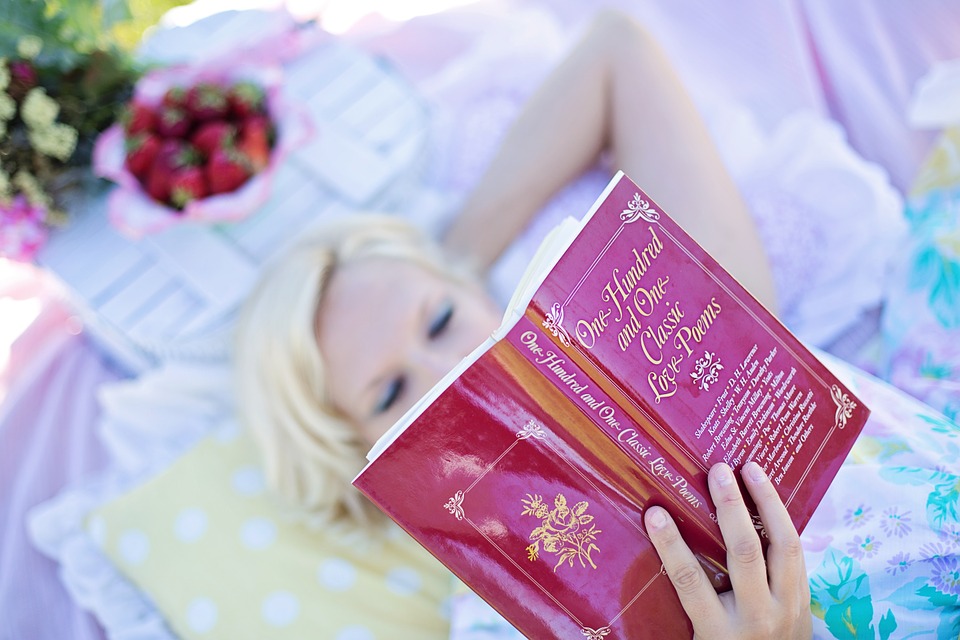Introduction
The most romantic poems are those that capture the spirit and gist of love. Some poems are memorable for using such a poetic language that they stay in the reader’s mind for a long time. Some are short with terrific messages for those in love, while some are cries for love gone sour. In other cases, the persona in the poem praises what he or she believes is good looks. All these are methods of expressing oneself in contemporary poetry.
“Her Kind” by Ann Sexton Analysis
Her Kind by Ann Sexton and Homage to My Hips by Lucille Clifton are powerful poems that capture the spirit and gist of the person as well. Her kind uses allegory to show that love eventually conquers all in spite of any opposition. The poem alludes to the fact that love has the ability to turn seemingly insurmountable situations into moments of celebration. For instance, the opening line describes the persona as “a possessed witch” (Sexton 1). A passing glance would not fathom this to be a love poem. One cannot be “dreaming evil” and still be seeking for love (Sexton 3). As a form of literary expression, this poem employs rhythmic and aesthetic language qualities to impress the reader. Such techniques evoke strong meanings. The opening sentences make the reader have mercy for the persona. It is even more interesting that persona derides herself in such a manner as labeling herself a witch, and triumphantly stating that such qualities fall short of true womanhood. That she states, she has seen it all demonstrates an understanding of the nature of love. Love has the uncanny ability to get the better of individuals.
The Themes of Love, Freedom, and Urgency in “Her Kind”
The issue of how to misunderstand women who pursue love raises the fundamental question as to who is supposed to love. Does love discriminate? This is a debatable question as the persona alleges that her quest for love was misunderstood. This implies that women should not express their desire for love in such an open manner. Why someone in need of romance would have to hide behind fear of expression begs for answers. The understanding is that love is a feeling that only those who understand it can express.
Another interesting aspect of the poem is that the persona roots for love to the extent that she believes a woman in need of love should not have any feelings of shame, and should, in fact, be ready to die for love. She claims that flames still wreak havoc on her thighs, she should not be ashamed to die (Sexton 20). To love to such an extent is the embodiment of selflessness. This poem employs visual presentation as the reader can envision the woman in such a situation. One can then only imagine the extent of her love.
A good poem must capture the spirit of the topic under discourse by embracing the reader a sense of urgency (Maxwell 129). It is arguable that such love still exists, but the poem makes the reader’s mind to conjure images of unparalleled love in the midst of a possible tragedy. The poem’s triumphant tone towards the end shows that love eventually conquers all. The persona goes through tribulations in her quest for love but still manages to declare that she is still around. This means that she will still show love to the one she adores regardless of the tribulations or consequences. That is a representation of unequaled love.
“Homage to My Hips” by Lucille Clifton Analysis
The second poem Homage to My Hips takes a different but interesting approach to love and romance. The poet uses repetition and assonance to describe the persona’s hips. In the beginning, the hips are so big that they require space to fit and move around (Clifton 1-3). This first statement arouses the reader’s mind, who can only imagine what kind of hips those are. It also begs the question as to what role hips play in romance. There is an immediate sexual connotation. Praising women’s bodies’ in poetry and other forms of literature is legendary. They tend to grab the reader’s attention. The fact that the poem decides to put this statement at the start of the poem betrays the intention. The poet claims that the hips are too big to fit in petty places. This statement alludes to the fact that love is big and has no time for mundane things.
The Themes of Love and Femininity in “Homage to My Hips”
The use of imagery is also apparent in the poem. It is rather clear that when the poem refers to huge hips not given to being held back (Clifton 7), the poet is actually referring to love. In essence, love should be free to express all it has in store. There is absolutely no need for one to have so much love and still hide it behind fear. Expressing love to its fullest is the real meaning behind loving. Clifton manages to connect the size of hips to love in a beautiful manner. Love is a beautiful feeling and should be bigger than anything that attempts to stand in its way…
